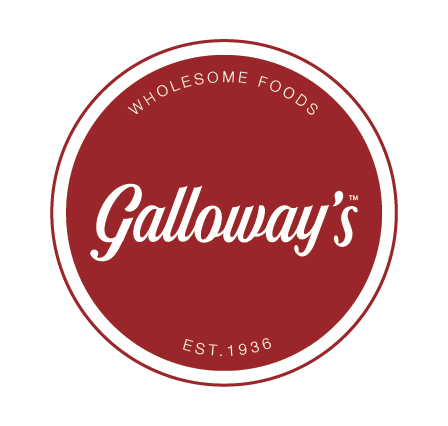Plant-based vs. Vegan: What’s the Difference?
Photo Credit: Edgar Castrejon Unsplash
Photo Credit: Edgar Castrejon Unsplash
The idea of going vegan, or eating a more plant-based diet, is becoming more popular by the day. And with increasing information, exposure, and number of restaurants offering vegan and plant-based options, it’s easy to see why more people are interested in making the switch. But for those of us just starting out, how do we know which diet is best for us? We all have that friend, (or two or three) who tried switching to a strict, new diet only to drop the idea entirely after a couple of weeks and return to their previous habits. So, we want to make sure you have the resources you need to set yourself up for success.
Changing your diet is a change in lifestyle, and it can be hard to do without the right preparation and information. For some, vegan or vegetarian diets are a bit of a mystery, and many others are also unaware of the changes they can make without committing to a strict, animal-free diet. To help you decide what option is best for you, we want to highlight the key differences between a vegan and plant-based diet. Let’s start with the basics:
A vegan diet contains no animal products.
A vegan diet eliminates all meats, dairy, poultry, fish and honey. Anything derived from a living being counts and is removed. It might seem like a simple definition to follow, but what foods contain animal products isn’t always easy to see. For example, potato chips are often flavoured with seasoning that contains casein (a protein derived from milk). Casein is also commonly found in non-dairy creamers. Gelatin is found in many candies and salted peanuts, and even your wine or beer may be fined with isinglass (a gelatin obtained from fish), egg white, casein or gelatin. A person wanting to follow a strict, vegan diet would need to be aware of these potential ingredients and know which products are vegan friendly and which to avoid.
A plant-based diet prioritizes plants but doesn’t necessarily exclude animal products.
Following a plant-based diet doesn’t specifically include or exclude animal products. It’s up to you! As long as you are focusing on eating primarily plant-based meals, you are following a plant-based diet. So, what is plant-based? Plant-based foods include fruits and vegetables, but also include whole grains, plant-based oils, legumes, nuts and seeds. Eating plant-based also emphasizes eating whole-foods. This means your food is free from additives and processing, or is processed as little as possible. This is another difference from a vegan diet, which only specifies no animal products, and does not necessarily prohibit processing or additives.
So, which diet is best—vegan, or plant-based?
This is really up to you. Many people choose veganism due to environmental or ethical reasons, which helps back their choice to follow a stricter diet. For others, a less strict diet focused on making healthier choices and avoiding processed foods may be in the priority, so they may choose a plant-based diet instead. No matter which diet you choose, or even if you decide neither is right for you, incorporating more plant-based meals into your diet is both an easy and delicious switch that has countless benefits for your health. The trick is finding what works best for your body, lifestyle, and values.
If you are interested learning more about how you can incorporate more plants into your diet regardless of what diet you choose to follow, you can check out our 5 beginners tips for implementing more plant-based recipes into your diet.


